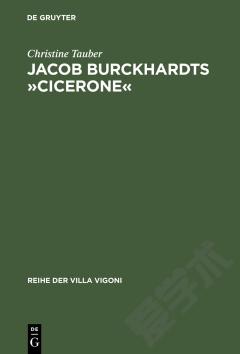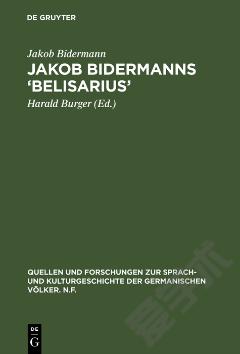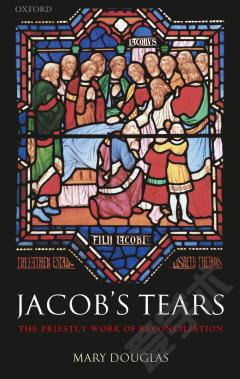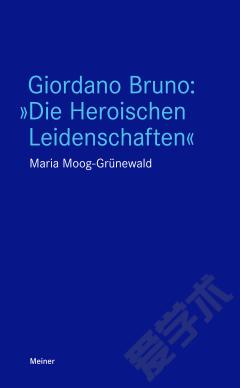Jacob Burckhardts »Cicerone« —— Eine Aufgabe zum Genießen
----- 雅各布·伯克哈特的“导游”:享受的任务
Central to this study is the inception and reception of an aesthetic concept in the context of 19th century Bildungsbürgertum. It reconstructs the birth of Burckhardt's aesthetic judgment from his 'Italian experience'. His »Cicerone« is discussed as a conservatively oriented appraisal of the art forms of classical Italy and thus as a thesaurus of things worthy of preservation in an age of political and aesthetic upheaval. What Burckhardt (1818-1897) calls 'Kunst nach Aufgaben' (art as a function of its purpose) is drawn on as a polemic defense against the modern artist allowing free rein to the products of an overheated artistic imagination. Burckhardt's work thus stands both as a guide to the true appreciation of art and an exhortation to contemporary architects not to lose sight of their >genuine< calling.
{{comment.content}}








 京公网安备 11010802027623号
京公网安备 11010802027623号